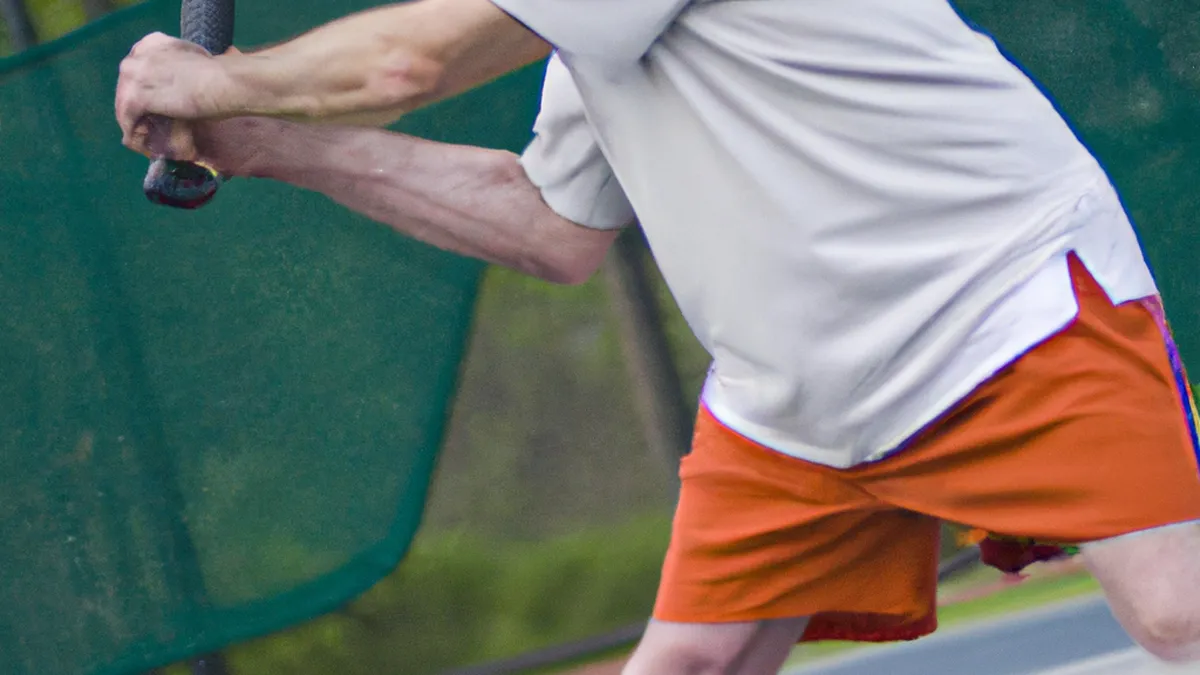Sleep Smarter: Tips for Athletes
Sleep’s Role in Athletic PerformanceAthletes focus on training, nutrition, and mental preparation. They often overlook sleep’s crucial role. Quality sleep impacts athletic performance significantly. Athletes who prioritize sleep enhance performance, recovery, and overall well-being. This blog explores sleep’s importance, the science behind it, and tips to improve sleep quality.
The Science Behind Sleep and Performance
Sleep involves light sleep, deep sleep, and REM (rapid eye movement) sleep. Each stage aids recovery and performance. During deep sleep, the body repairs muscles and tissues. This stage is vital as growth hormones aid recovery from workouts.REM sleep enhances cognitive function, emotional regulation, and memory. For athletes, better REM sleep leads to improved skills and decision-making. Studies show that athletes with adequate REM sleep have faster reaction times and better motor skills, crucial in competitive situations.
Why Sleep Matters for Athletes
As an Amazon Associate I earn from qualifying purchases.
Gear tip: consider sleep mask, white noise machine, and blue light blocking glasses to support this topic.
1. Cognitive Function and Decision-Making
Athletes must make quick decisions under pressure. Sleep deprivation decreases cognitive function, impairs judgment, and slows reaction times. Research shows that lack of sleep harms performance in attention-requiring tasks. A University of California study found sleep-deprived basketball players had slower reactions and worse shooting accuracy.
2. Physical Recovery and Injury Prevention
Athletic training demands immense physical effort. Recovery is essential for peak performance. Sleep supports muscle repair, protein synthesis, and growth hormone release. Insufficient sleep causes fatigue, decreased endurance, and higher injury risks. Athletes neglecting sleep face increased strains, sprains, and overuse injuries.
3. Mood Regulation and Mental Resilience
Athletics can strain mental health. An athlete’s mood influences performance significantly. Adequate sleep regulates mood, reducing anxiety and stress. Well-rested athletes show more resilience and handle competition pressures better. Research indicates that prioritized sleep correlates with lower anxiety and improved focus.
4. Immune Function
Sleep supports immune system health. Regular, quality sleep enhances immunity, keeping athletes healthy and illness-free. A strong immune system is vital for consistent training and peak performance. Sleep deprivation increases susceptibility to illness.
Conclusion
In summary, sleep significantly influences athletic performance, recovery, and mental well-being. Prioritizing sleep is essential for athletes.
Below are related products based on this post:
FAQ
How does sleep affect athletic performance?
Sleep significantly impacts athletic performance by enhancing recovery, cognitive function, and emotional regulation. Athletes who prioritize sleep experience better muscle repair and improved decision-making skills, leading to superior performance during competitions.
What are the different stages of sleep and their importance?
Sleep consists of light sleep, deep sleep, and REM sleep, each playing a crucial role in recovery and performance. Deep sleep aids in muscle repair and growth hormone release, while REM sleep enhances cognitive functions such as memory and reaction times, which are vital for athletes.
Why is adequate sleep important for injury prevention?
Adequate sleep is essential for physical recovery and reduces the risk of injuries. Insufficient sleep can lead to fatigue, decreased endurance, and a higher likelihood of strains and sprains, which can hinder an athlete’s training and performance.















Post Comment